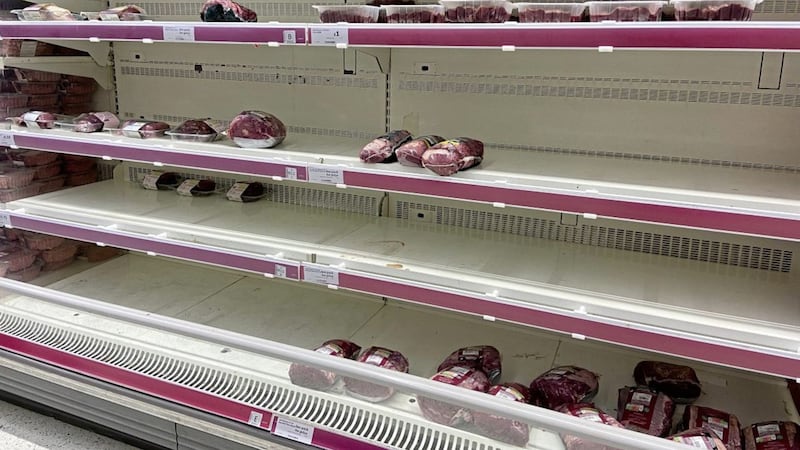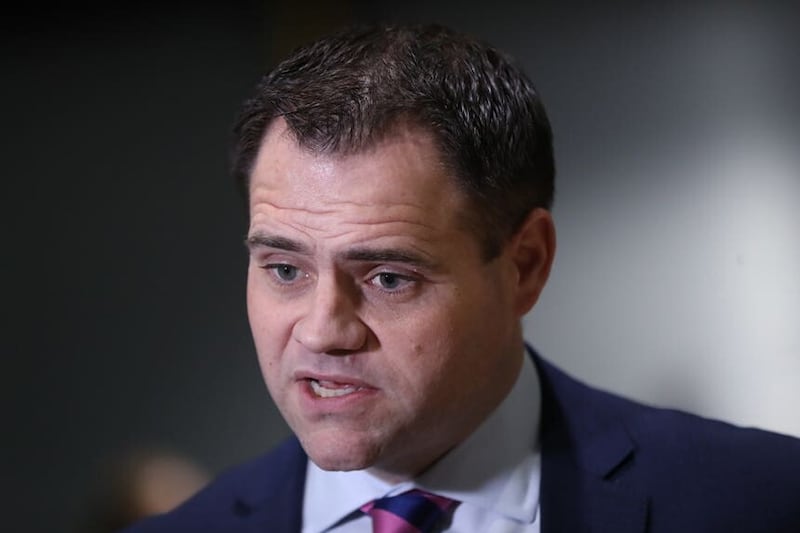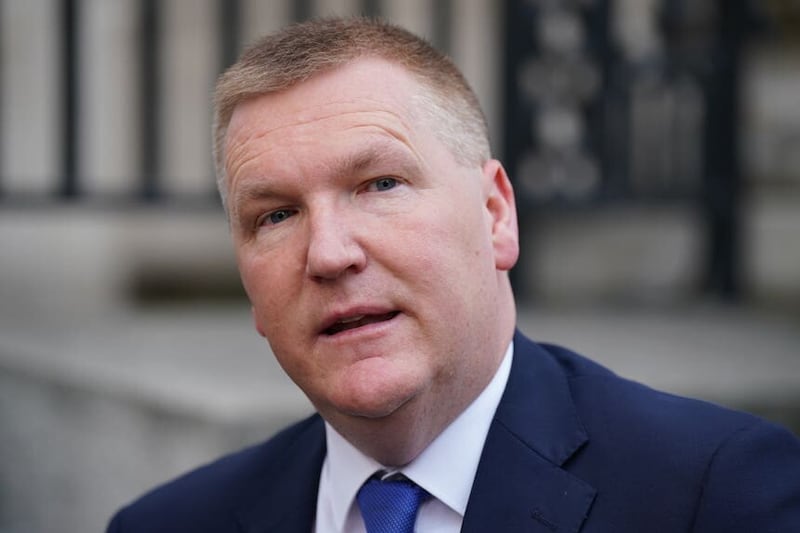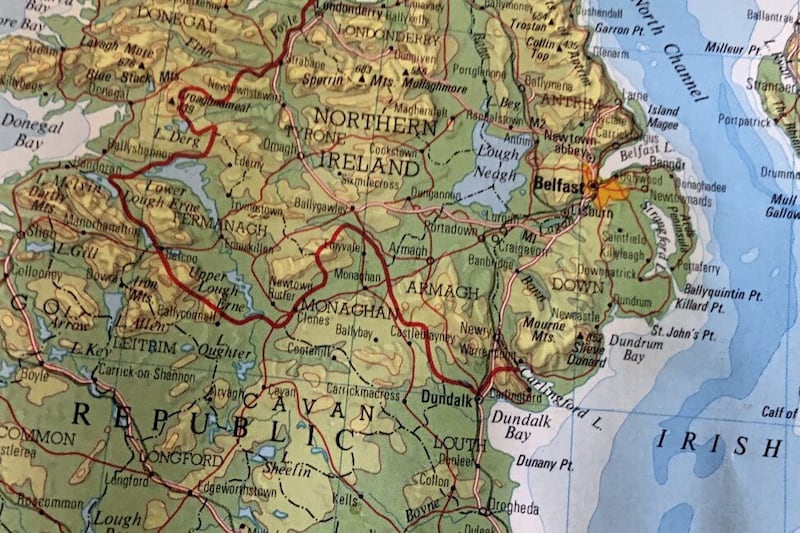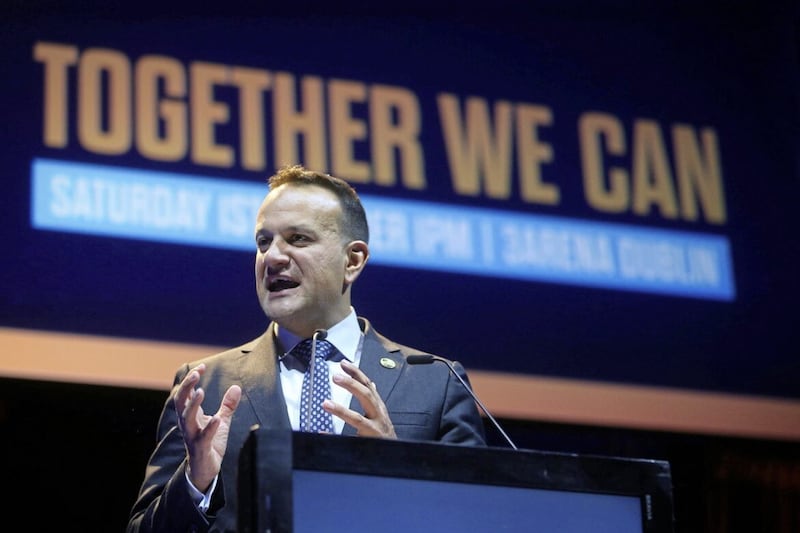BREXIT has profoundly altered the trading relationship between the United Kingdom and the European Union. Due to customs checks, increased delays and costs, Irish exports have moved away from the UK in favour of direct trade with the continent.
The impact this will have on both the UK and Ireland’s economy will not be fully realised for some years but it is clear that changes to patterns of trade will be with us for the foreseeable future.
Thanks to the NI Protocol, Northern Ireland is able to trade freely with the European Union and so is not as impacted as the rest of the UK by the new trading environment. As such, in 2021 imports from Northern Ireland to Ireland have increased by 77.76 per cent, at a value of €776 million.
Additionally, Irish exports to the UK have also increased in 2021 by 10.29 per cent. This indicates that businesses in Northern Ireland are channelling their trade to Ireland and onwards to Britain.
At the beginning of 2021, as businesses and hauliers were adjusting to their new normal in terms of trade, there was significant disruption to supply chains, particularly in Northern Ireland. Supermarkets had significantly less stock, resulting in reduced options for customers.
This issue alleviated over time as the new system was ‘bedded in’ and we can now see that this is largely due to Northern Ireland businesses choosing to redesign their supply chains to route through the EU rather than Britain.
As a result, exports from Ireland to Northern Ireland have increased by 42.88 per cent, a value of €473 million. Exports from many EU countries to Ireland has sharply increased this year, imports from France are up 43 per cent and the Netherlands have increased by 50 per cent, compared to the same period last year.
Given the sharp rise in exports from Ireland to the north, we can safely assume much of this European trade is ending up on Northern Irish shelves.
It is not just Northern Ireland that has routed trade away from the UK, imports from Britain to Ireland have fallen by 32.33 per cent this year as Irish businesses focus on diversifying their trading routes away from the UK.
So-called ‘roll-on, roll-off’ cargo between Ireland and the EU has risen by 99 per cent on 2019 levels, and while some of this is attributed to the rise in imports from the continent to Northern Ireland through Ireland, Irish businesses have also focused on diversifying their trade away from the UK. The EU remains Ireland’s largest trading partner, followed by America with the UK Ireland’s third largest partner.
The full extent of the disruption Brexit has caused to the European and British trading market will not be known for some years but it is clear that Britain’s loss is to Europe’s gain. The UK government’s insistence on leaving the EU Single Market ensured that their trade with the EU would be very difficult.
Trade will always follow the path of least resistance and with the UK posing increased costs, delays and issues for exporters, it is only natural to seek out new markets while expanding their existing trade relationships.
No-one wants to see empty supermarket shelves, or hear of businesses having major issues accessing goods because of Brexit. But this is what the UK government signed up for when they decided to push for a harder Brexit. They did so in the full knowledge of what the ramifications would be.
That those caught in the middle of this, including Ireland, north and south, are seeking to benefit where we can from this is natural.
The fact is that the change in the trading relationship did not have to be this stark; businesses did not have to scramble to change their supply chains to keep food on the shelves. In this post-Brexit adjustment, we must play the hand we have been dealt and benefit where we can.
Neale Richmond is a Fine Gael TD for Dublin Rathdown and the party's spokesman on European affairs.
